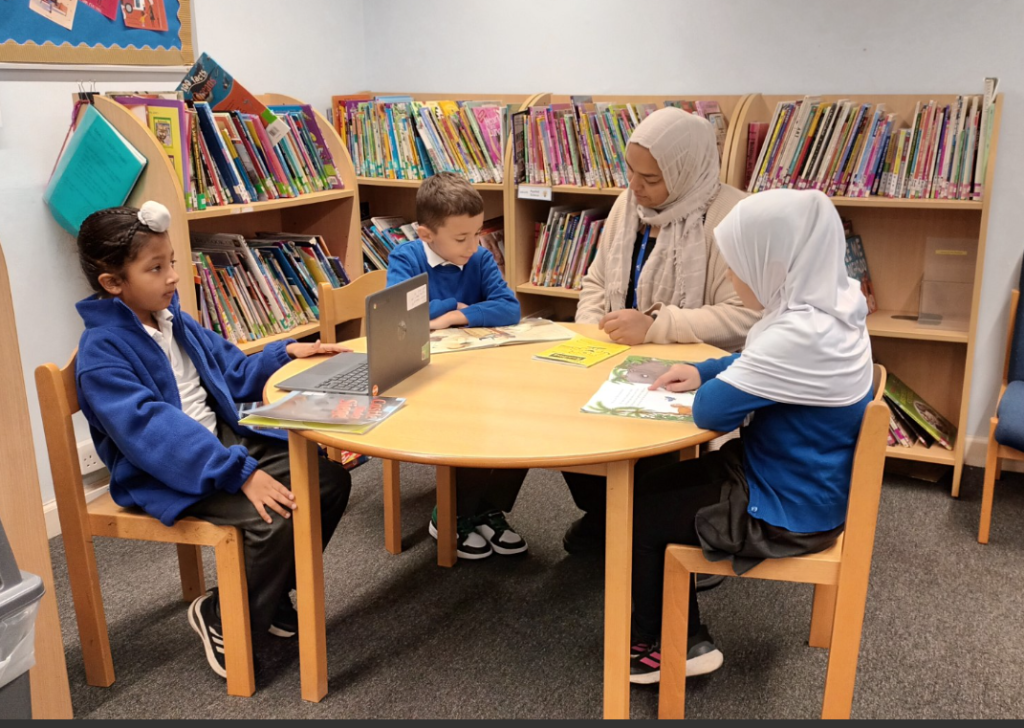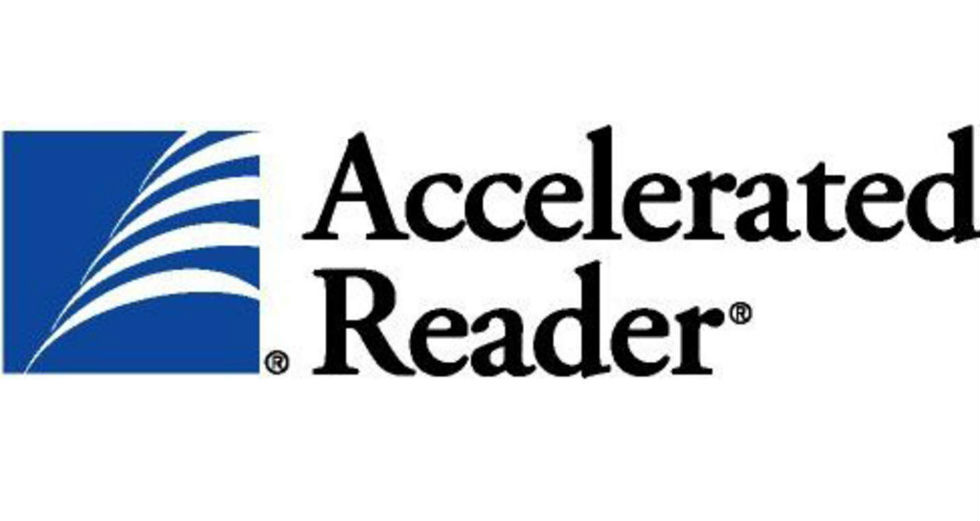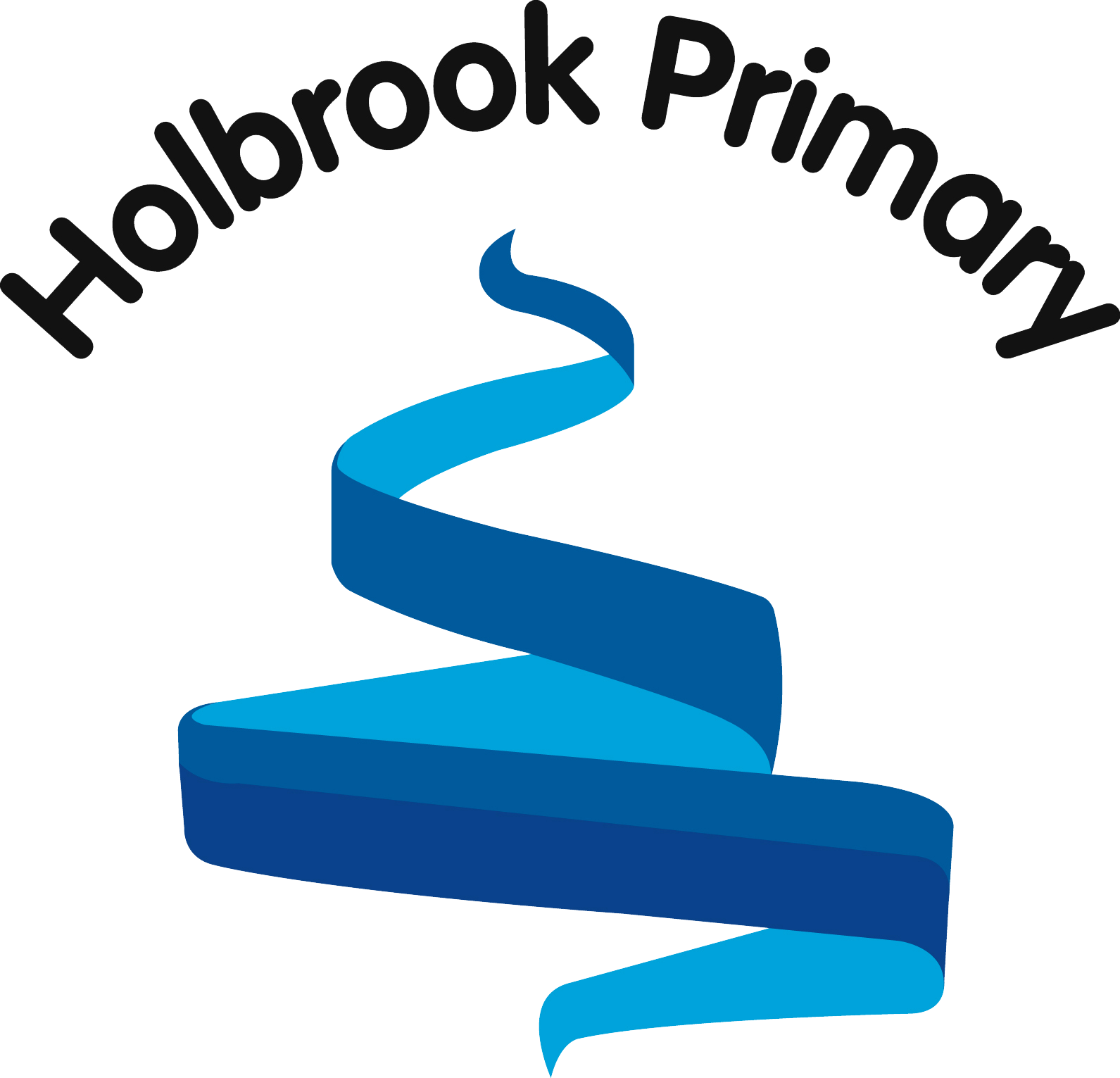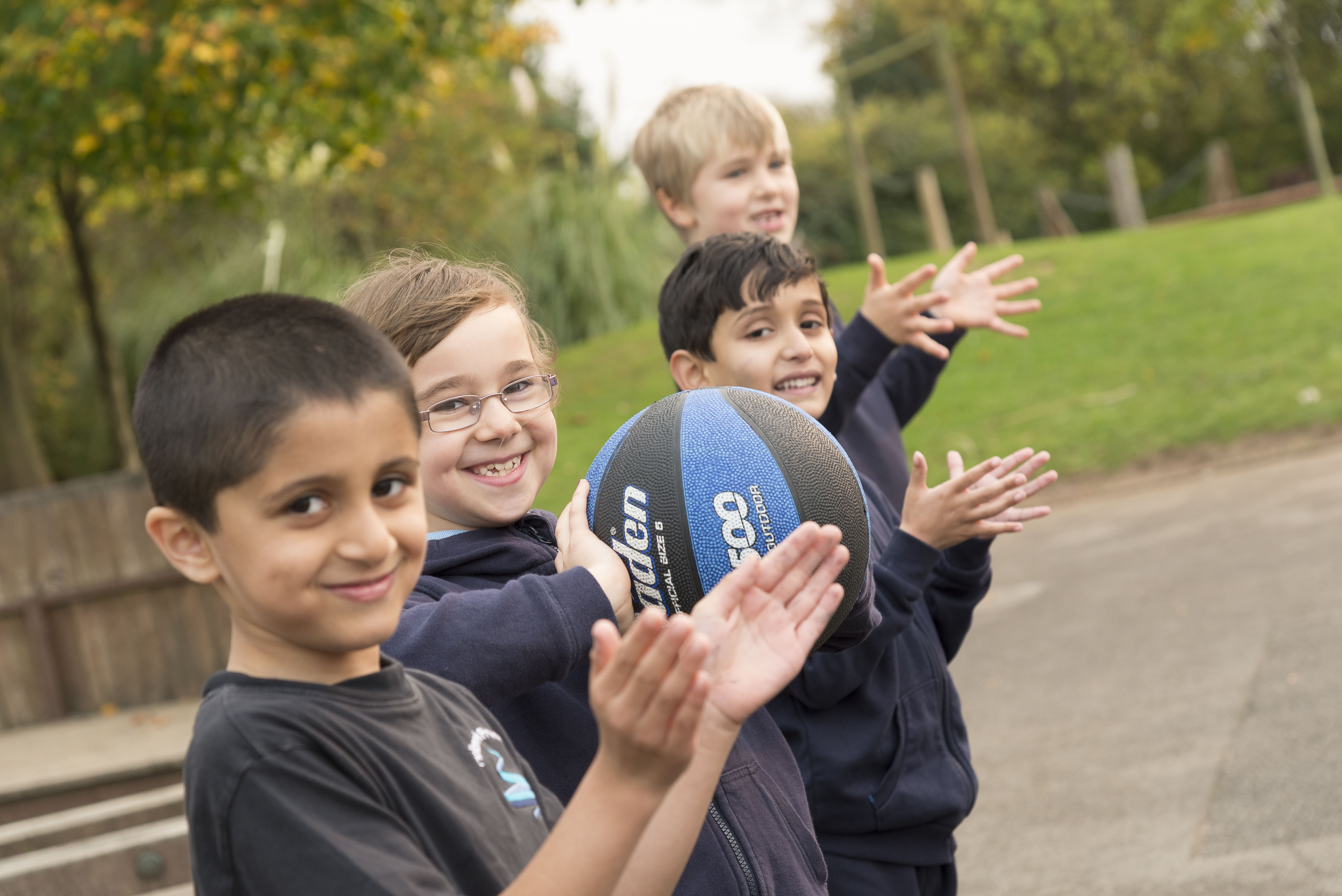Reading at Holbrook
Phonics at Holbrook
At Holbrook Primary we believe reading is the key to success. We invest heavily in Read Write Inc to teach phonics and early reading. Read Write Inc. is the UK’s leading synthetic phonics programme. Children have daily Read Write Inc sessions and take home reading books linked to the scheme to enjoy at home. Please read with your child at least three times a week.
For more information, see the Ruth Miskin website: Parents and Carers – Ruth Miskin
Reading In Key stage 2
At Holbrook Primary School , we are committed to developing confident, fluent, and thoughtful readers. In Key Stage 2, we follow the Christopher Such approach to building reading fluency, which places a strong emphasis on daily practice, rich discussion, and targeted support.
We understand that fluency – the ability to read accurately, at a reasonable pace, and with appropriate expression – is key to reading comprehension and enjoyment. To support this, our reading sessions include a combination of modelled reading, echo and choral reading, and repeated reading of carefully chosen texts. These strategies help children develop automatic word recognition, deepen their understanding of vocabulary, and improve their expression and prosody.
Alongside fluency work, children engage with a wide range of high-quality texts, both fiction and non-fiction, to build background knowledge, spark curiosity, and develop a lifelong love of reading. Through structured discussion and targeted questioning, we support pupils to think deeply about what they read and to make meaningful connections across texts and subjects.
By embedding fluency-building strategies into our everyday practice, we ensure that all children are given the tools they need to become successful, independent readers.
Developing Independent Readers
Accelerated Reading
At Holbrook we expect most children in years 2 to 6 to read for at least 15 minutes a day. For most this will be independent reading. We use Accelerated Reader to help improve reading outcomes.

Accelerated Reader is a computer program that will help to develop your child’s independent reading. It works in quite a simple way; your child will pick a book and when finished, they will take a short quiz. If your child passes the quiz about what they have read, then this tells us that they have fully understood the content of the book. By passing the quiz they will also gain ‘points’ depending on the difficulty/length of the book they read.
Please click on the image to take you to Accelerated Reader

What is the ZPD?
In school, your child will take a STAR reading test, the teacher will assess the results and give them a ZPD reading range. This is in place of the old colours we used in the past. The range aims to challenge a child without causing frustration or loss of motivation.
For example: A child has a ZPD of 2.3 -3.3. This means they can choose from a range of books within the two levels. Books nearer 2.3 should be more straightforward for the child to read. Books nearer 3.3 may be more challenging and the child may need support with some of the vocabulary or meanings of parts of the texts.

Your child will know their range and the books they should be choosing. A ZPD can change throughout the year based on STAR reading tests, teacher’s judgement and quiz results. To ensure children experience success from the outset they begin by taking books at the lower end of their ZPD range.
Children will have labels stuck into the planners. They contain your child’s username and password to access the quizzes at school and they should have their ZPD range written down .
What are the AR Quizzes?
When your child has finished reading a book they will be given time to take a quiz independently on the computer. The aim is for all quizzes to be taken within 48 hours of finishing a book. Depending on the book level the quiz will take around 5-10 minutes to complete. The results are calculated and shown to the child instantly.
Children earn points, or a portion of the book’s points, depending on how well they do on the Reading Practice quiz.
For example, a child who takes a 5-question quiz on a book worth 1 point will earn 1 point for 5 correct answers (100%), 0.8 point for 4 correct answers (80%) etc. The minimum pass score is 60%
| If your child does not do well on a quiz, they will be encouraged to choose a book that is more appropriate. You can help by asking questions about the book as your child reads it at home. |  |
Your child can take a quiz when:
- they have read a book independently
- a teacher has read a book to them, e.g. class text
- they have read a book with someone, e.g. parent
Your child can read books from home or the school library to read as part of AR as well as their home reader book. To conduct a simple book search to see if a book is on Accelerated Reader go to www.arbookfind.co.uk
How can I help?
As with anything, performance improves with practice. We provide lots of opportunities for reading in school but you can help by encouraging reading at home too. Logging on to Home Connect with your child at home is a great way to discuss the books they have read and their overall progress in reading. Encourage your child to read with you and/or discuss what they have read. A child may be able to decode and read the words but may not have understood it, so asking questions about the book is important. Reading with your child, no matter what the age, is an important part of developing good reading skills and a lifelong love of reading.






